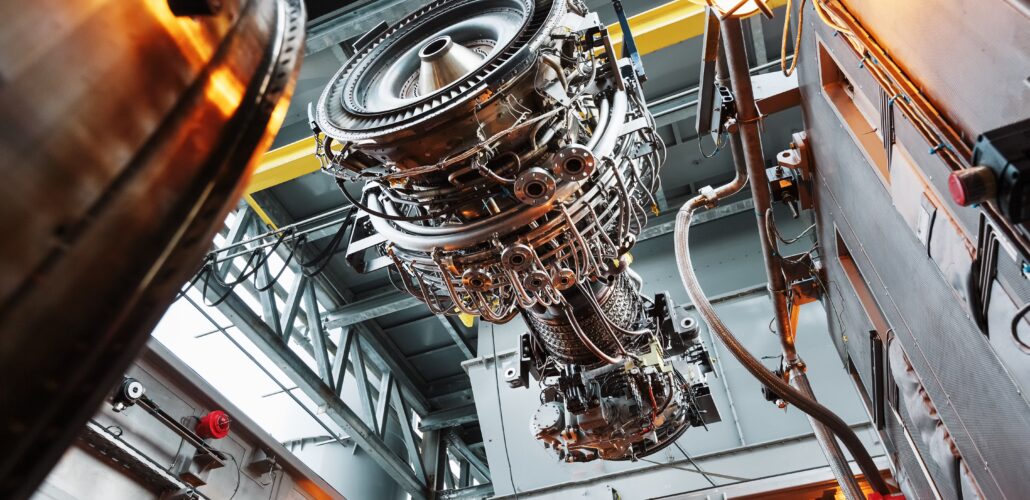Ensuring Grid Stability in Germany: The Role of Gas Turbines and Energy Storage
Germany's phase-out of nuclear power and the integration of renewable energy pose significant challenges for grid stability.

Image for illustration purposes.
To address the issues, EnBW and TransnetBW have launched a grid stabilization plant in Marbach, southern Germany. This facility uses a quick-start gas turbine and will be complemented by a large-scale battery storage system.
The Marbach Grid Stabilization Plant
-
Rapid Response Technology: The plant features an open-cycle gas turbine capable of delivering 300 MW of electrical power within 30 minutes. This rapid response is crucial for maintaining grid stability during emergencies, such as equipment failures.
-
Special Grid Equipment: Unlike traditional power plants, the Marbach facility operates as “special grid equipment,” activated solely by TransnetBW to address grid imbalances. It does not participate in the general electricity market.
-
Battery Storage Integration: EnBW is developing a 100 MWh battery storage facility at the same site, leveraging existing infrastructure to enhance grid stability further. This system will be operational by the end of 2025.
Challenges and Solutions
-
Grid Expansion Challenges: Germany’s slow grid expansion has increased the need for reserve capacity to ensure reliable power supply, particularly in transporting electricity from northern to southern regions.
-
Synergies and Efficiency: The combined use of gas turbines and battery storage at Marbach optimizes resource utilization and reduces project costs by sharing infrastructure.
Conclusion
The Marbach plant is a vital component of Germany’s evolving energy landscape, providing a reliable backup for the power grid during its transition to renewable energy. By combining rapid-response gas turbines with large-scale battery storage, Germany is enhancing grid resilience and supporting a sustainable energy future.
Source: EEPower
#battery storage integration#decarbonisation efforts#dispatchable power#energy infrastructure development#energy policy reforms#energy security#energy storage integration#energy storage systems#gas turbine plants#German energy transition#grid flexibility#grid management systems#Grid modernisation#grid reserve systems#grid resilience#grid stability#large-scale battery storage#low-carbon economy#open-cycle gas turbines#power market dynamics#rapid response systems#renewable energy integration#sustainable energy solutions#transmission system operators



